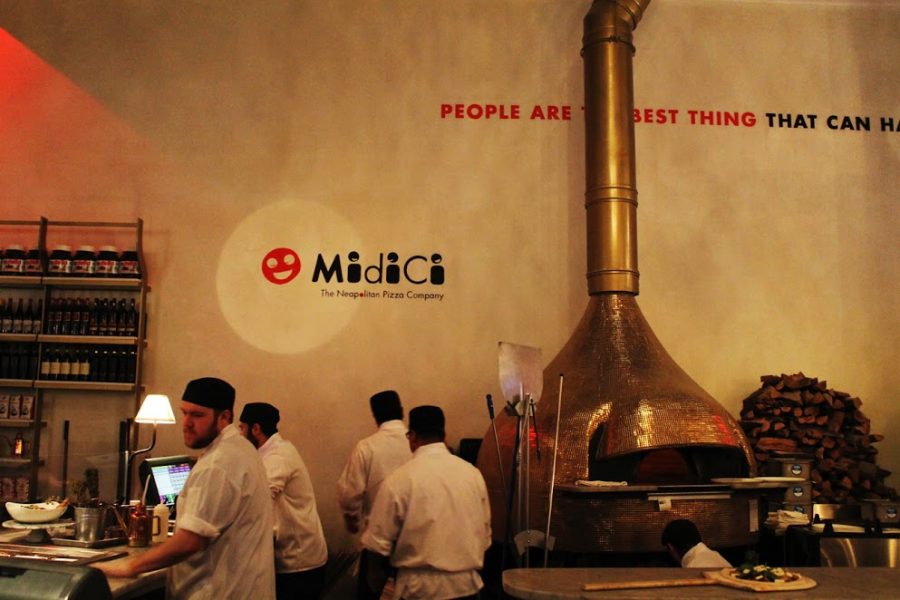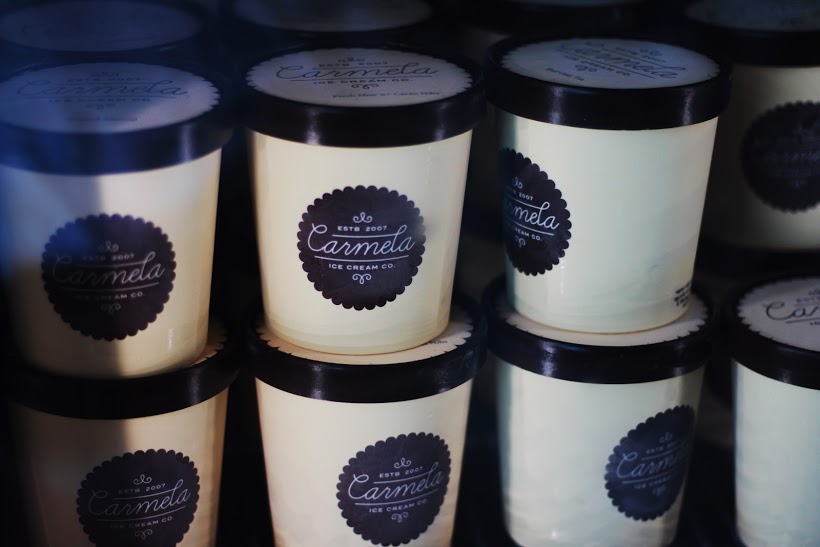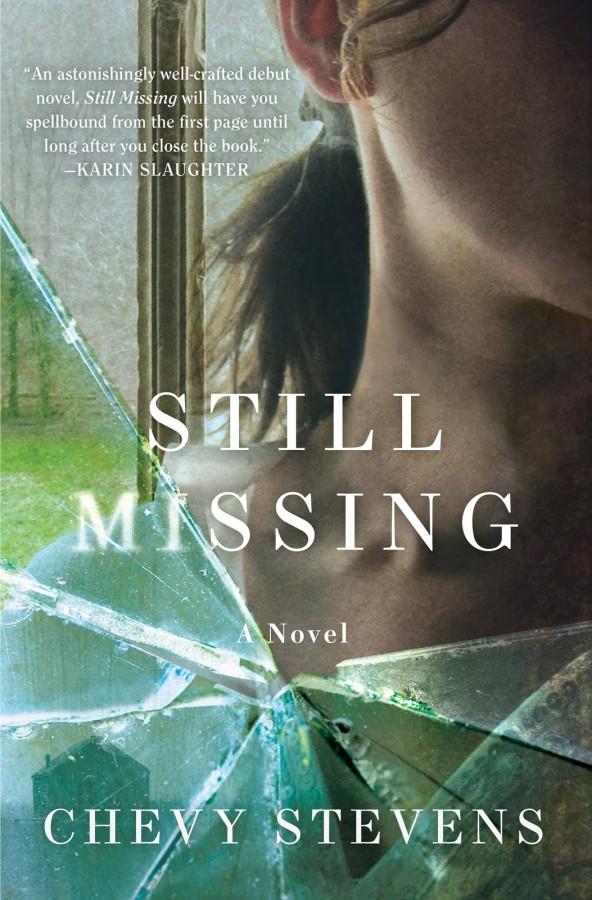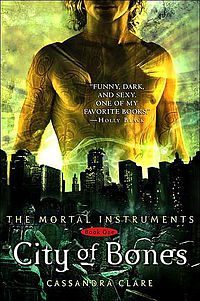Anyone who knows me well enough will tell you that I am a complete history buff. I literally watch the history channel for fun. Whenever I put on a historical documentary or historical drama, you can bet that at least one member of my family will walk into the room, look over at me on the couch and nod their head as if to say, “Well, that’s Sarah for you.”
So it’s not surprising that one of my favorite genres to read is historical fiction. But sometimes, there’s too much history and not enough fiction, which usually results in a complete mental overload. Then there are those that put way too much drama so it feels like I’m reading the script for ‘One Life to Live’ or something. There has to be a balance.
A while back, I was at a loss for what to read. Rather than heading to the library like I always do when in search for a good book, I went to my sister and asked if she had anything new in the bookcase. She handed me Molokai, a historical novel by Alan Brennert.
At age five, Rachel Kalama’s life is forever changed when an odd rose colored sore appears on her leg. Despite her mother’s attempts to hide her daughter’s deformity, Rachel’s secret is exposed and she is taken away from her family. Forced to live at the Kalaupapa leper colony on Molokai, she is completely isolated from her family. Her dreams of traveling the world are replaced with a future filled with medical experiments and social prejudice.
But in the face of illness, Rachel finds new hope, building a new life out of what many perceived as the end of the road. With her new family-composed of fellow patients and the missionaries-Rachel grows from a fearful young girl into a strong, noble woman whose wild and optimistic spirit allows her to survive the emotional and physical traumas she faces throughout her life.
As Brennert weaves a rich and touching story, he also manages to show the history of the Kalaupapa, the history of the treatment of leprosy and the history of Hawaii itself as the state underwent extensive political and social alterations at the turn of the century. Even if history isn’t your favorite subject, Molokai might just be the book to change your mind.
I myself am an author and I know that writers often put morals in their work so that the stories will stay with you long after you finish the book. We may know these morals before turning to page one, but we don’t really acknowledge them. Molokai really did open my eyes to a well-known fact that I had forgotten. Rachel’s story reminded me that sometimes life is unfair and I’ll be faced with obstacles that I might think are impossible to overcome; but so long as I keep my head up and appreciate all that I’ve been given, then I will always have something worth living for.













